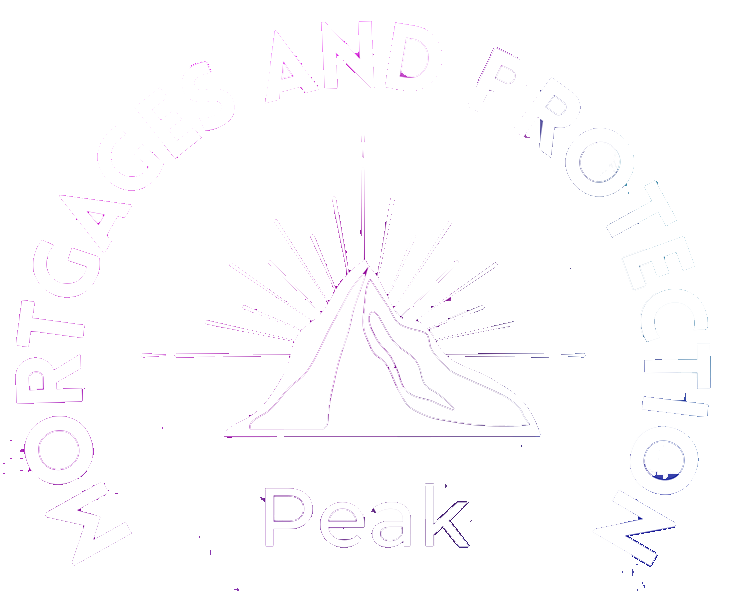Can I get a mortgage for land?

When people buy a house as a standard residential mortgage, it is widely accepted that the house is the main feature, but little is thought about the land the property is placed on. Buying land is less common and often gets forgotten about but ‘Can I get a mortgage for land’ is a very viable question to ask. This especially applies to people who want the land for themselves, an agricultural business or to build upon.
In this blog, we will go through all your questions including ‘Can I get a mortgage for land?’, ‘What are the different types of land mortgages?’ and ‘What is the land mortgage criteria?’.
Can I get a mortgage for land?
You can, however, a mortgage for land is very different compared to a standard residential mortgage, which is why it’s always better to ask a mortgage adviser. A mortgage adviser can guide you through all the regulations so you properly understand the process to allow you to complete certain criteria.
Some of the processes of buying land are the same as a standard residential mortgage which will provide the lender with information to show that you’re a low-risk investment. When on the hunt to buy land, it’s worth keeping in mind that some lenders avoid land finance altogether due to the specialised market and high risk investment… it can get complicated. Keeping this in mind, it’s worth defining why you want the land to a lender that specialises in that area.
What are the different types of land mortgages?
‘Can I get a mortgage for land?’ isn’t answered with ease. There are many different types of mortgages to choose from and deciding on one can be a tough decision. It is not easy to get a mortgage for land as it’s rare to find unused residential land. If you do find some, you have to be mindful that in most cases agricultural farmland must remain for that use. Your mortgage may or may not go through, all dependant on whether you need planning permission, the type of land you wish to buy and how you plan to use it.
Self build mortgage– You cannot get a standard residential mortgage if you wish to build your own home. In order to get your dream home built, you must get a specialist self build mortgage. If you go ahead with a self-build mortgage, you will pay part of the mortgage to the land and part of it for the property you plan to build. You will receive payment from the lender in stages, firstly to build on the land, then to provide cash for any building materials and to pay for any other work that needs to be done.
Agricultural mortgage– Whether you aim to become self-sustained or are wanting to start a new business venture, an agricultural mortgage could be for you. An agricultural mortgage works in the same way as any other land mortgage in that the mortgage will have a lot to do with the plans you have for the land and whether you have sufficient planning permission.
Woodland mortgages– Woodland mortgages are mortgages that allow a person to buy a plot of woodland. Although these mortgages pop up on the market regularly, it is rare that you will be able to make any changes to this land. This option could be great if you wish to have your own private sanctuary or are looking for future investment.
Commercial development mortgage- Construction businesses or retailers may look to purchase land for development. A commercial development mortgage includes part of a business strategy plan.
What is the land mortgage criteria?
Interest rates– For landowners, interest rates are typically higher than the standard residential mortgage. If you show the lender that you are a low risk, high reward client, rates could be as low as 4%. It depends on your plans behind the land and how the current market looks. Your land mortgage interest rates can be affected depending on the type of land and your planned use, your credit score, the LTV of the loan and any additional guarantees.
Land mortgage deposits and loan to value– Due to the fact that land mortgages tend to be high risk, the required deposit is usually higher than a standard residential mortgage at 30%. If you are a first-time buyer your deposit will be represented as savings. On the other hand, if you already own a home- even if you are still paying back your mortgage – it is possible to lever the equity on the land to produce a deposit.
Planning permission– When buying a plot of land, it is important that you have your planning permission ready. Wanting to buy land for building or development increases the risk dramatically for lenders, which is why mortgage LTV and rates on offer can be greatly affected depending upon whether you have planning permission. You may be able to find land with planning permission already in place, which can be a huge benefit.
Business plans– When buying land, you may plan to make an investment by the end of it. It can benefit you greatly to have a substantial business plan in place, to give you a higher chance of securing lower rates and large LTV deals.
Affordability and interest rating– The testing for affordability and interest rating is an even more vigorous and important factor than a standard residential mortgage. In order to make sure you’re a low-risk customer, lenders will need to check your income, outgoings, and debt management history.
If you’re considering buying land and need more advice answering ‘Can I get a mortgage for land’, we’re here to help. Get in touch with us here at Peak Mortgages and Protection.

